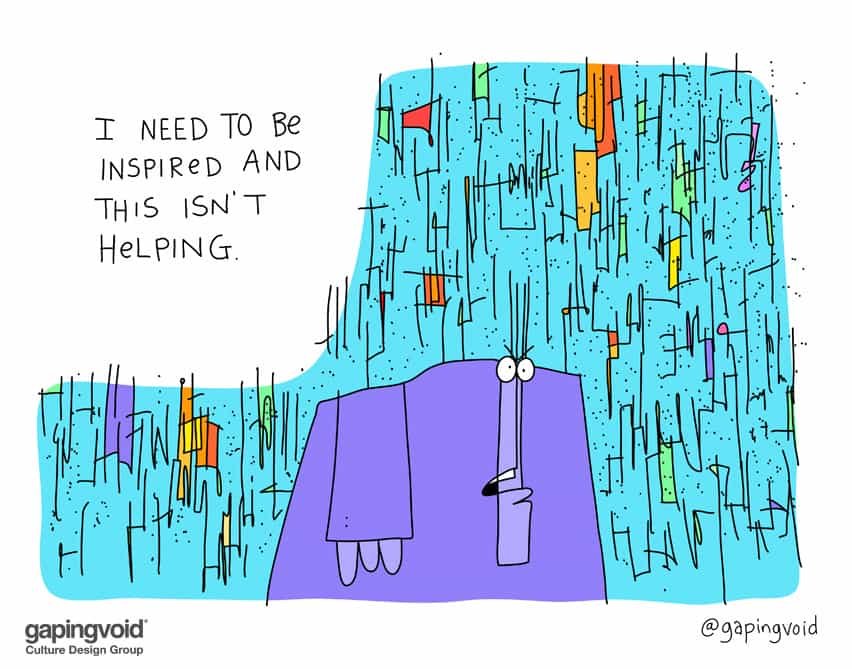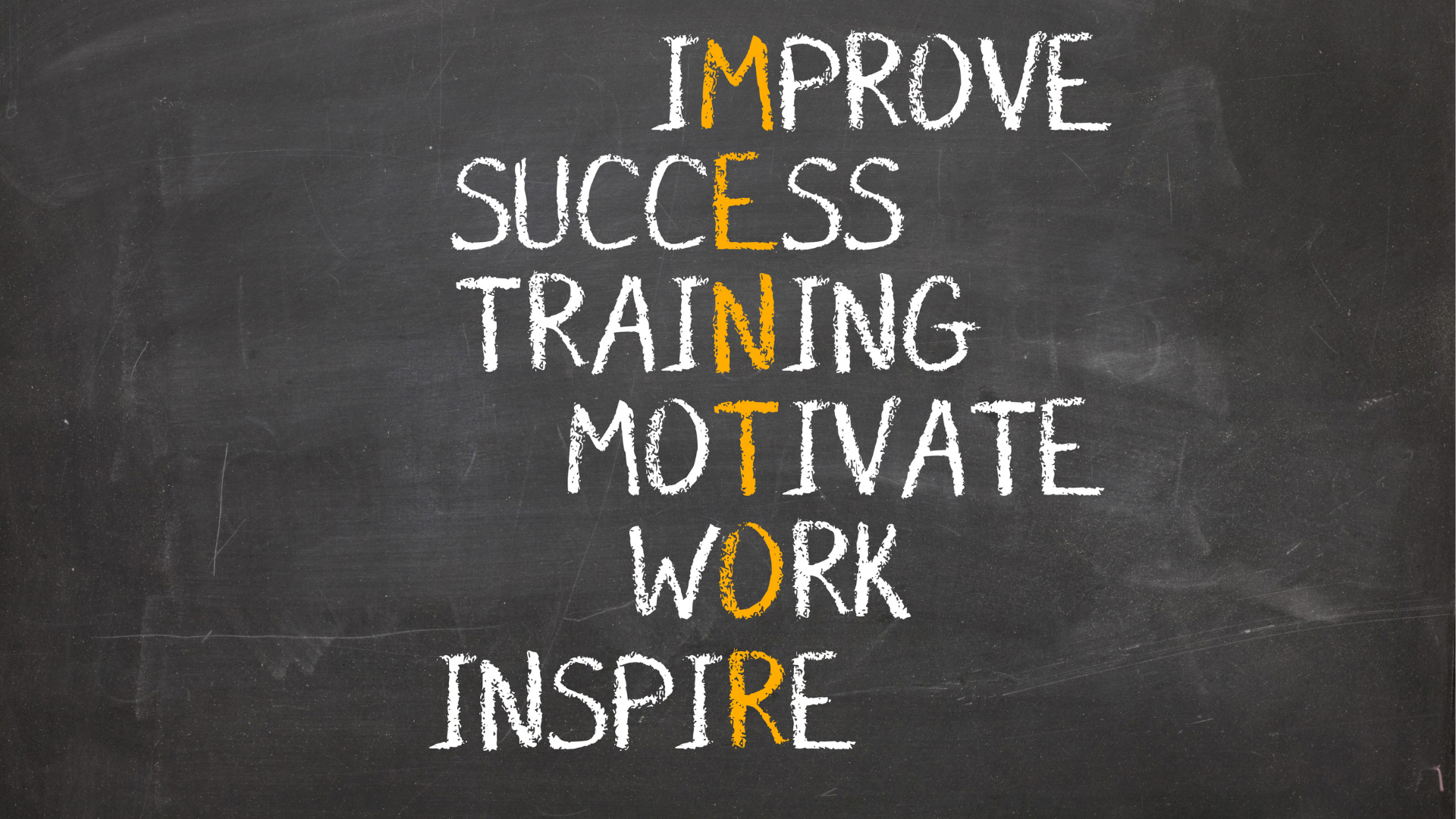Effective Mentors Shut Up and Listen
And other advice I would have given myself when I signed up to be a mentor.
There’s no great “training class” on how to be a good mentor. Or at least, I haven’t found one. So when I signed up to be a mentor in the Data Science for All (DS4A) program, I schooled myself.
I collected advice from over 50 mentors in the DS4A program, read a bunch of books, hit the HBR library, and listened to podcasts by tech leaders about mentoring on my bike rides with Mark Cuban, Eric Schmidt, Reid Hoffman, A-Rod, and more. (See appendix for my favorites)
So when the DS4A team asked me to participate in a panel discussion to give advice to new mentors, I went back to document the key ideas that meant the most to me. Here they are.
The best mentoring is reverse mentoring. Reverse mentoring is a two-way-street philosophy of mentoring. Former General Electric CEO Jack Welch popularized this idea in 1999. He paired 500 junior employees with senior partners to teach them new technologies and tear down power dynamics between the groups.
Viewing mentorship as a bidirectional exchange creates new avenues for learning. For example, Gretchen O'Hara, VP of artificial intelligence at Microsoft, learned the art of TicTok from her mentee. Good idea!
Great mentors shut up and listen. Mentees are not employees. Like adult children, they don’t have to do what you say. So mentors must listen and advise, not decide. Keven Sharer, former CEO of Amgen, was a self-admitted bull-in-a-china-shop until he learned a simple mantra: W.A.I.T., which means “Why Am I Talking?”
Mentors are not managers. Mentors are not managers. Harvard Business Review’s Finding the balance between coaching and managing describes the difference as:
Mentors are collaborative, not directive. Managers exert strong influence, make recommendations, and provide unambiguous direction; coaches collaborate, ponder, and wonder.
Mentors aid in discovery, they don’t supply answers. Managers are quick to give advice. Mentors help mentees discover their own path and only steer as a teaching tool.
Mentors are not experts. Managers are often promoted because they’re experts; ineffective managers keep trying to be the smartest person in the room. Know-it-alls suck learning out of the room. Good mentors check their ego at the door.
Keep a mentee journal. Ask and discuss four questions with mentees to start:
How did you get here and why?
How can I help YOU?
What’s your superpower? What do you love to do?
What’s your goal?
These questions put yourself in your mentees’ shoes. I create one entry per mentee in my journal, Day One. Then, I update the entry over time. Listen. Ask more questions. Catch them doing great things. Amend what you got wrong.
Mentors help mentees spy AHA moments with their little eye. My daughter Ruby and I used to play “I Spy with my little eye” in the car. We’d look for something blue, round, or cold, and shout it out when we spied something to match. The game helps kids practice their emerging vocabulary.
I play grown-up I Spy with mentees. I search for AHA moments, growth, and success with a curious eye, and point them out!
Find hidden genius. Balaji Srinivasan says that the job of a leader is to find hidden genius. Same for mentors. Spot unique talents; call them out; challenge them to develop their genius. Here’s how to find and encourage hidden genius.
The best mentees ask the best questions. Mark Cuban says, “the best mentees ask the best questions.” Quote Cuban to mentees: the more questions they ask, the better it will go. But mentees must lead.
Mentor/mentee relationships span seasons of growth. Managers exist for a reason; mentors should last for seasons. Hopefully, your mentee journal will grow. You’ll share new insights. Network them to job opportunities (I did this last week for a mentee!). Don’t expect every mentee relationship to flourish, or last. About 30% of mine last. I think that’s OK, and normal. Relationships are chosen, not stipulated.
Turn your view of mentoring upside-down. I hope this post turned your view of mentorship upside-down. Like two kids on a see-saw, mentoring works best when you play together. When you learn from each other. When you spy aha moments, together. When you grow, together.
Have fun, it’s a great ride!
APPENDIX: A QUAKE LIST FOR MENTORS
I love Quake Lists, not Reading Lists. A Quake List are ideas (from books, podcasts, articles…) that shake you up like an earthquake, that you share. Quake Lists are heavily curated, ordered, and thoughtful. For example, here’s mine on mentoring and why they rocked my perspective:
Trillion Dollar Coach: The Leadership Playbook of Silicon Valley's Bill Campbell. This book defined my view of mentorship, the difference between a coach and a manager. It’s full of stories about “Coach” Bill Campbell, who mentored Steve Jobs, John Hennessy, former president of Stanford, and Sheryl Sandberg among many business leaders.
Finding the Balance Between Coaching and Managing, by Jack Zenger and Joseph Folkman in Harvard Business Review. If you just have 10 minutes, read this. The “mentors are not managers” idea in this post comes from them.
Great leaders are inspiring. There are millions of resources on leadership, and my Quake List is long. But even if you’ve contributed one of the 57 million views of Simon Sinek’s How Great Leaders Inspire Action TED Talk, it’s worth a rewatch before you engage new mentees. “Keep a mentee journal” is all about finding the why.
My favorite and most inspirational podcasts by tech mentors:
Mark Cuban with Arianna Huffington on reverse mentoring
Eric Schmidt, former CEO of Google Top Performers Need Coaches Too! (skip to 37:00 in this interview)
Reid Hoffman on Masters of Scale with Alex Rodriguez. (As a life-long Red Sox fan, I could NOT bring myself to highlight A-Rod’s name; although I have to admit, he was good. On the podcast, at least.)
Leaders inspire actions with words, data, and visualizations. Here are nine:
Writing for domain experts, a lecture by Larry McEnerney at the University of Chicago.
Edward Tufte’s first three books on visualization as a vehicle for thinking
Don’t Make Me Think by Steve Krug, first published in 2000 about web site design and writing for the web, stands the test of time. And it’s been updated for mobile and new thinking on UX design.
On Writing by William Zinsser
James Richardson from Gartner on Modern Data-Driven Storytelling
Writing Tools by Roy Peter Clark
On Writing by Steven King
Writing Down the Bones by Natalie Goldberg
Understanding Comics by Scott McCloud. I know it sounds weird, but try it. Pulitzer Prize-winner Art Spiegelman calls it, "The most intelligent comics I've seen in a long time."
Leaders spread happiness. Watch Itay Talgam: Lead like great conductors. Music. Joy. Teamwork. Humor. Charisma. Wow!
















